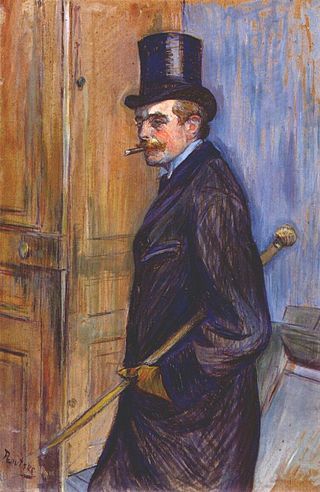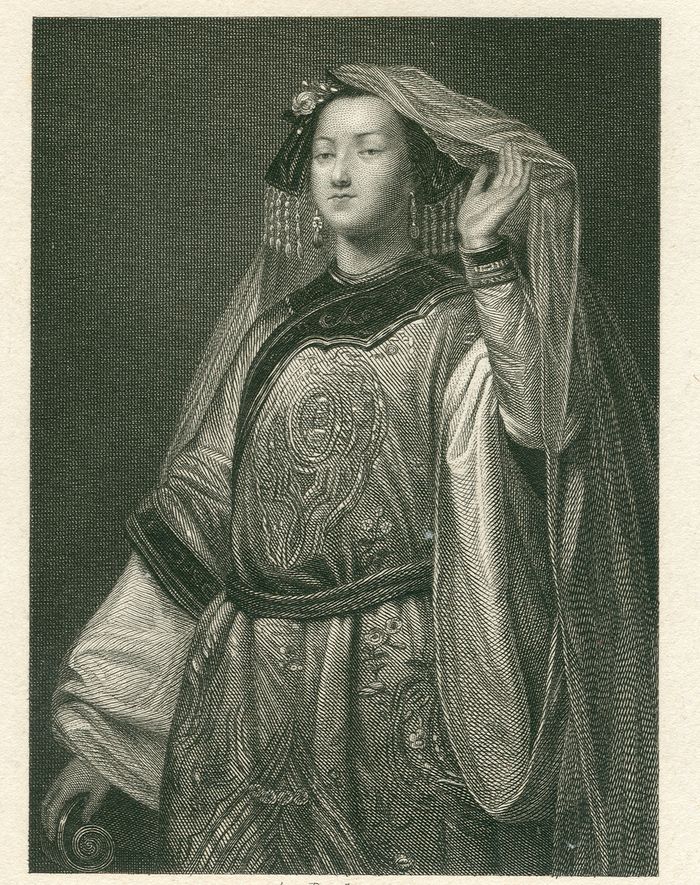She wrote at his dictation.
At the end of a week they had lost all hope.
And Loisel, who had aged five years, declared:
“We must consider how to replace that ornament.”
The next day they took the box which had contained it, and they went to the jeweler whose name was found within. He consulted his books.
“It was not I, madame, who sold that necklace; I must simply have furnished the case.”
Then they went from jeweler to jeweler, searching for a necklace like the other, consulting their memories, sick both of them with chagrin and with anguish.
They found, in a shop at the Palais Royal, a string of diamonds which seemed to them exactly like the one they looked for. It was worth forty thousand francs. They could have it for thirty-six.
So they begged the jeweler not to sell it for three days yet. And they made a bargain that he should buy it back for thirty-four thousand francs, in case they found the other one before the end of February.
Loisel possessed eighteen thousand francs which his father had left him. He would borrow the rest.
Physical privations
He did borrow, asking a thousand francs of one, five hundred of another, five louis here, three louis there. He gave notes, took up ruinous obligations, dealt with usurers, and all the race of lenders. He compro¬mised all the rest of his life, risked his signature without even knowing if he could meet it; and, frightened by the pains yet to come, by the black misery which was about to fall upon him, by the prospect of all the physical privations and of all the moral tortures which he was to suffer, he went to get the new necklace, putting down upon the mer¬chant`s counter thirty-six thousand francs.
When Mme. Loisel took back the necklace Mme. Forestier said to her, with a chilly manner:
“You should have returned it sooner, I might have needed it.”
She did not open the case, as her friend had so much feared. If she had detected the substitution, what would she have thought, what would she have said? Would she not have taken Mme. Loisel for a thief?
Mme. Loisel now knew the horrible existence of the needy. She took her part, moreover, all on a sudden, with heroism. That dreadful debt must be paid. She would pay it. They dismissed their servant; they changed their lodgings; they rented a garret under the roof.
Read More about Zoe and Theodora part 69








